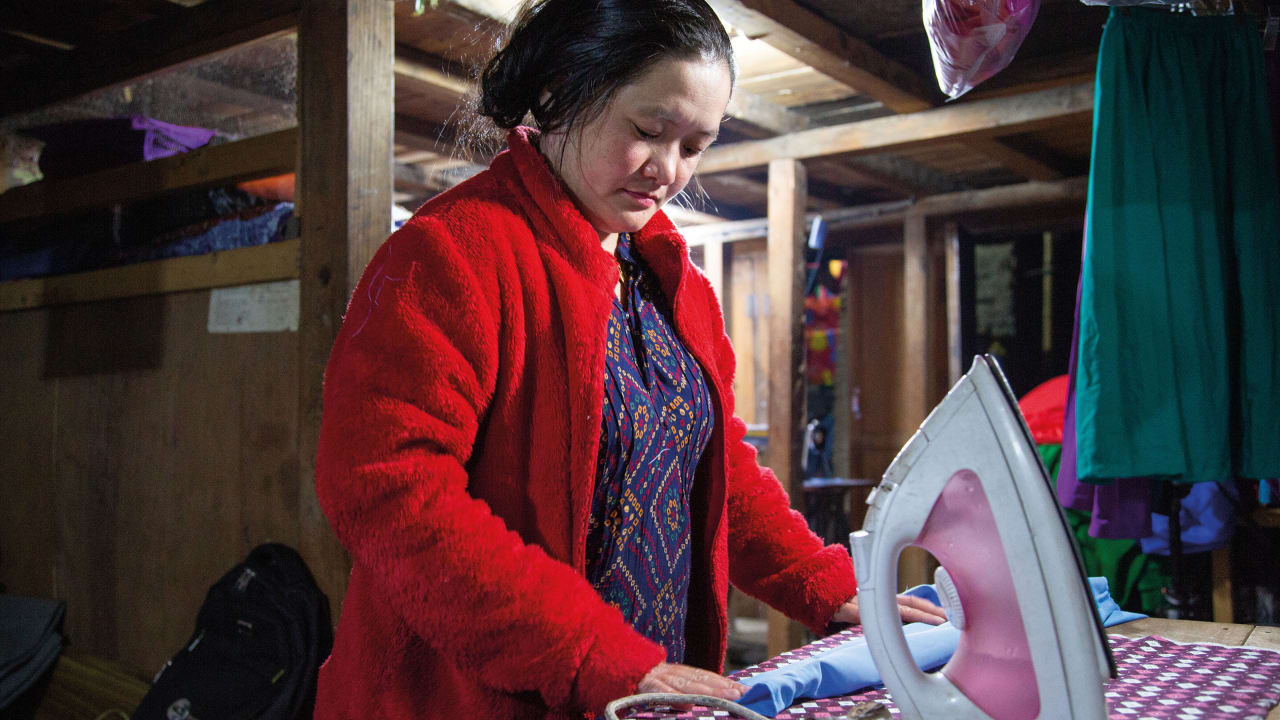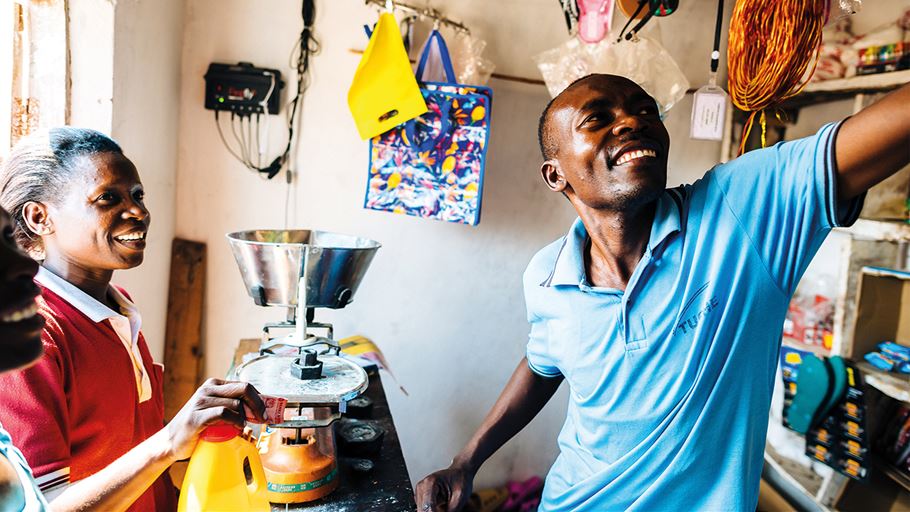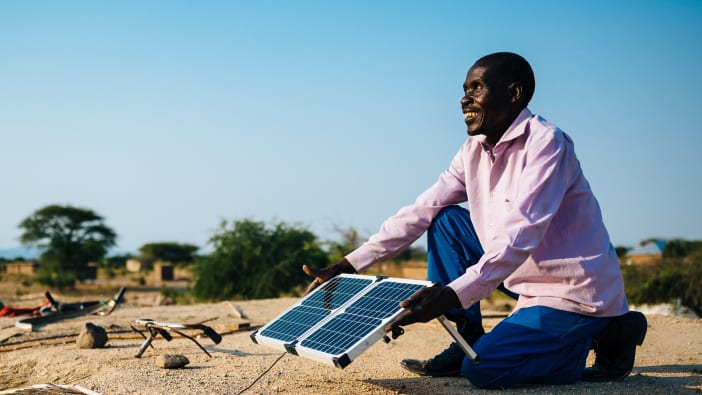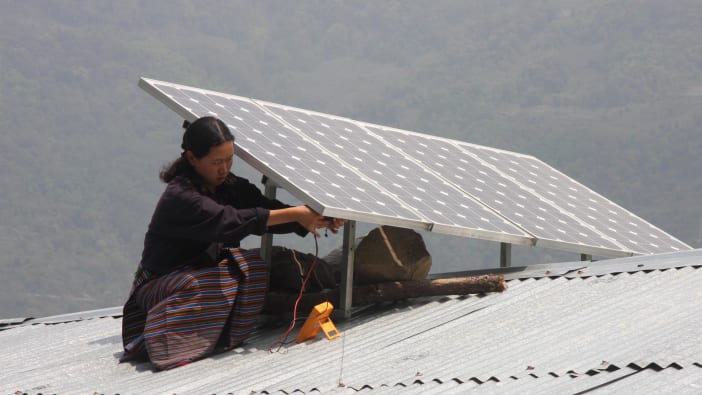Energy is important in almost every area of life including transport, healthcare, industry, education, communication, lighting, security, cooling, heating and cooking.
However, despite significant progress, Sustainable Development Goal 7 – ‘Ensure access to affordable, reliable, sustainable and modern energy for all’ – is a long way from being achieved by the target year of 2030.
The latest figures from the United Nations show that 790 million people – about one in ten of the world’s population – are still living without electricity. Hundreds of millions more have a limited or unreliable supply.
In addition, almost half the world uses wood, charcoal or crop residues as cooking fuel. This results in the degradation of forests and health problems caused by smoke.
The World Health Organization estimates that smoke in homes causes up to 4 million premature deaths each year, largely from pneumonia in children but also from lung diseases in adults. Women and children are particularly at risk because they tend to spend more time in smoky kitchens than men.
Other potential side-effects of cooking with smoky fuels include low birth weights and vision loss due to cataracts. There are also risks of severe burns when cooking on an open fire.
Many people without electricity use candles and kerosene lamps for light. Kerosene can cause impaired lung function, asthma, cancer and increased susceptibility to infectious diseases such as tuberculosis. Other kerosene hazards include poisoning, fire and explosions.
In many countries the energy situation is improving rapidly as technology improves and the cost of renewable energy decreases. But in sub-Saharan Africa and parts of Asia, progress is much slower, particularly in remote, rural areas. While some governments have ambitious plans to connect everyone to energy grids, small-scale, off-grid solutions are likely to be quicker to implement, more cost-effective and more sustainable for many rural communities.
Climate change
About 80 per cent of the world’s energy is currently supplied from fossil fuels such as oil, natural gas and coal. As well as creating pollution which is damaging to health, the burning of fossil fuels is the largest global source of carbon dioxide, a major driver of climate change.
Climate change is already pushing many vulnerable communities further into poverty as the seasons become more unpredictable and floods, storms and periods of drought become more severe. Continued use of fossil fuels will make this worse.
To reduce global emissions of carbon dioxide and other harmful gases it is essential that we shift our energy systems away from fossil fuels towards renewable sources of energy such as hydropower, solar power, wind power and biogas.
However, ‘renewable’ does not necessarily mean ‘sustainable’. Badly planned, non-inclusive renewable energy projects can have severe social and environmental impacts. For example, the construction of some large hydroelectric dams has caused excessive environmental damage and the displacement of communities.












